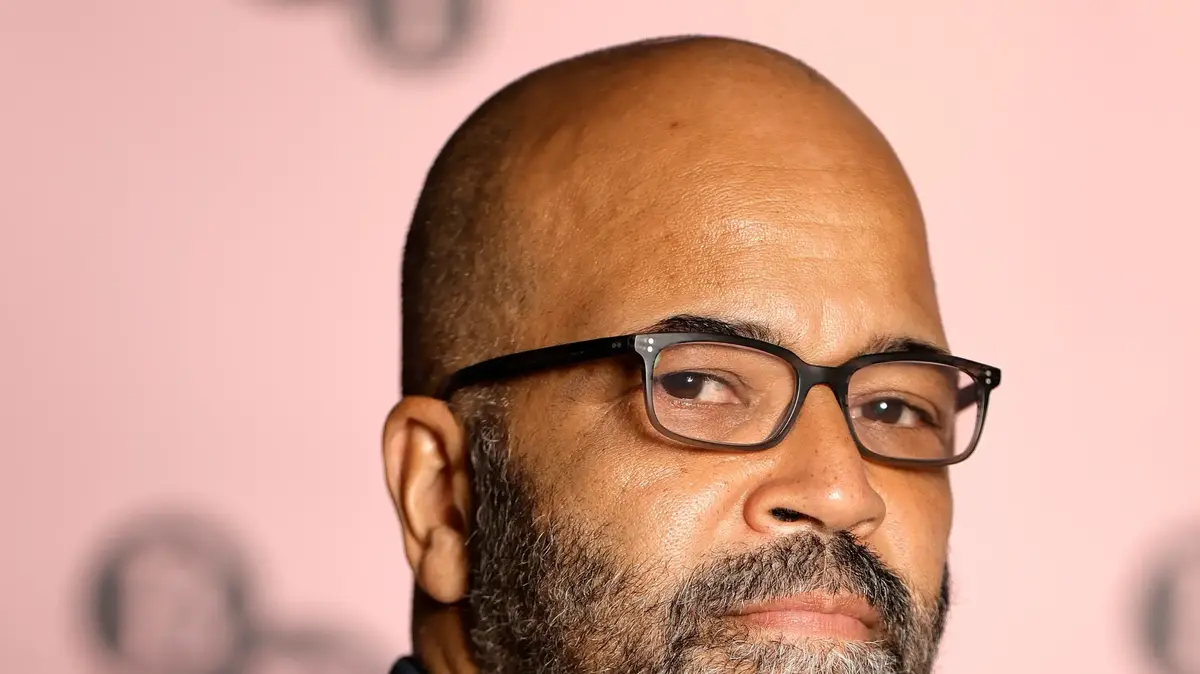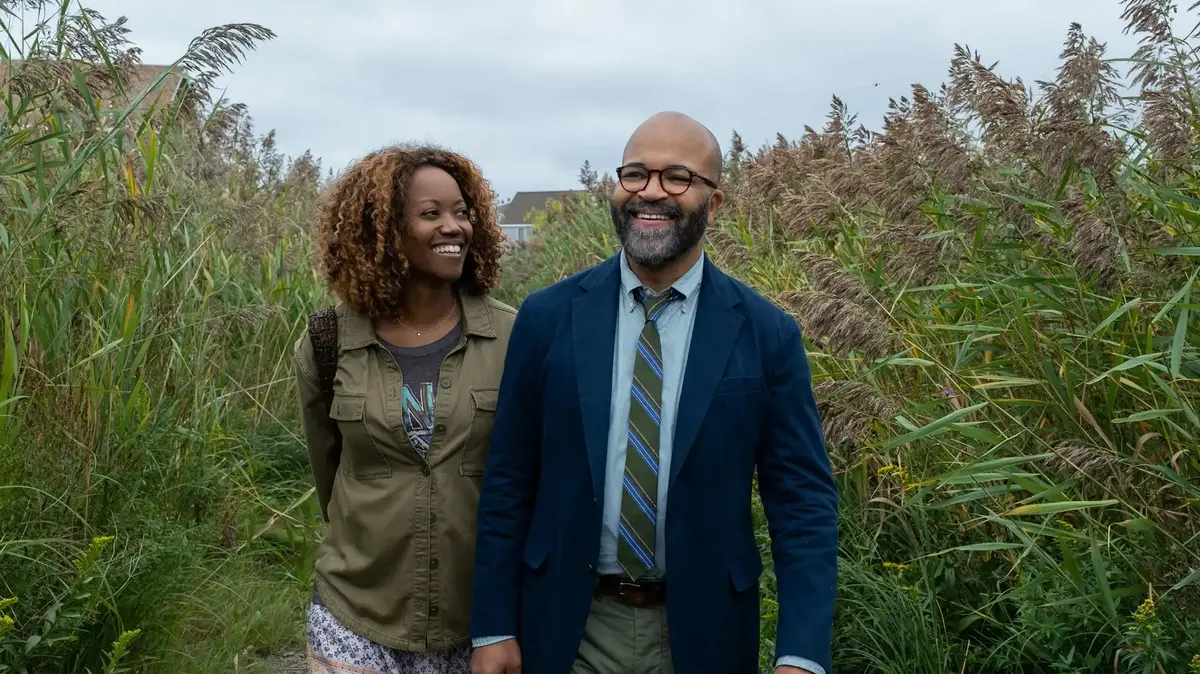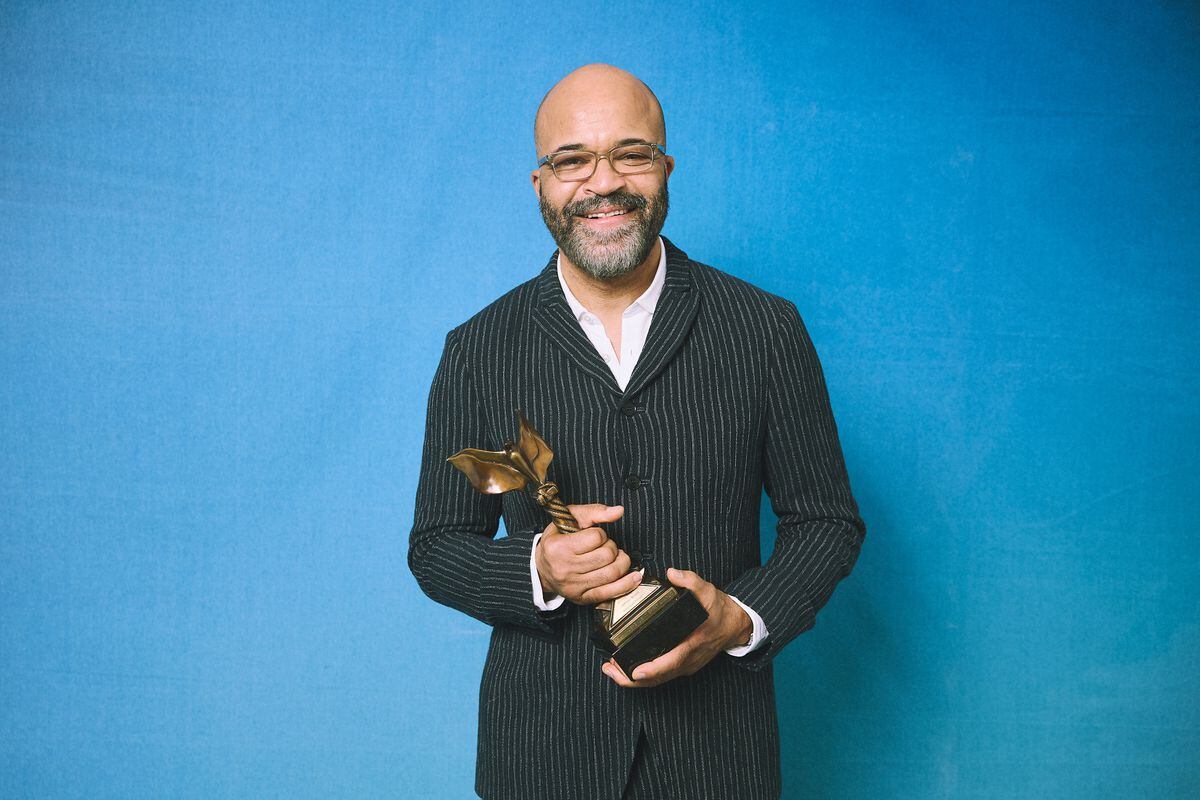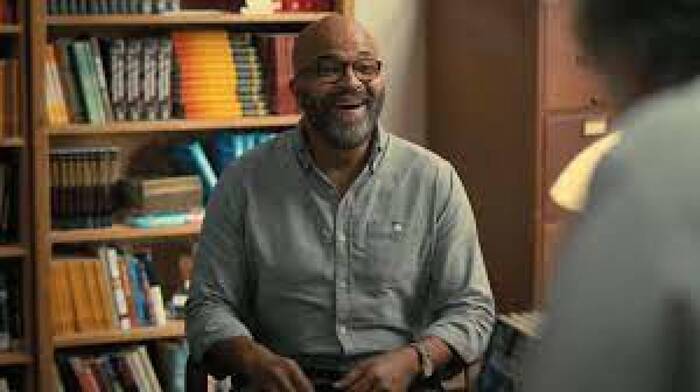Jeffrey Sachs, one of the most popular economists in the world for his books on poverty and globalization, mobilized in his work at Columbia University and in advising the UN against climate change and for sustainable development, arrives at the furnace of 41 degrees in Madrid to talk about precisely that: that we are late in the warm-up.
Instead of thinking about the war, he says, we should go back to the real priorities.
He was born in Detroit and is 67 years old.
In Madrid he participated in an act of the Spanish Network for Sustainable Development.
Ask.
He comes to Madrid and finds the warming in his own flesh.
How does it feel?
Response.
It's hot, yes, but in many parts of the world it's deadly.
It was 50 degrees in India this spring.
It is proof of how human activity has already warmed the planet.
We already know that the Earth is hotter today than it has been in the last 10,000 years.
And also that we are going to exceed the limit of 1.5 degrees that we agreed in Paris.
We are in an extremely dangerous time on the planet.
Of course: we already know what needs to be done to decarbonize quickly and the technology exists for it.
The question is whether we are reasonable or not.
Q.
And will we be?
R.
That is the fight: our rationality.
Warming is also destroying the rainforest, which is very close to the point of no return.
Many species are on the verge of extinction.
Many ecosystems are collapsing.
So it is not about the heat that we spend on the street, but that it is changing the way the Earth works.
The circulation of the oceans is slowing down.
There are so many points of no return!
The Arctic is melting and the sun's rays that were bouncing off the ice before are penetrating into the ocean and that will release huge amounts of methane or carbon dioxide that was stored there.
In a short period of time we are changing the planet in a way that we don't even recognize.
When scientists are telling you every day at Columbia University “This is worse than we think, Mr. Sachs, this is accelerating, this is dangerous!
P.
A few years ago you said that meeting the Sustainable Development Goals (SDG) was going to be equivalent to conquering the moon in the Kennedy era.
But we are not reaching that moon.
R.
The challenge is to clarify ourselves because we have the solutions, we have the need and we have the basic values.
But we are always distracting ourselves and falling into our worst impulses.
Now it's war in Europe.
What a tragedy and what a waste of time!
We could have negotiated with Russia and avoided this war.
But we're so bad at talking to each other and now it's devastating.
So much death, so much destruction, so much migration, so much waste of money.
My Government has allocated 40,000 million!
to emergency aid to Ukraine.
If I had asked for 40,000 million for sustainable development, they would have laughed at me in Washington.
“How are we going to waste that money, Mr. Sachs?”…but for war, of course.
That is the confusion.
primitive thought.
P.
Do you really think that the war could have been avoided?
A.
Of course.
NATO has continued to expand to the East, especially in the Black Sea region.
Kofi Annan asked me in 2000 to advise the UN on the SDGs.
But then 9/11 came and the US began its war on terror.
I already thought about it at the time: how stupid.
Do you really have to invade Afghanistan?
Iraq?
Topple the Syrian regime?
Libya?
Is it really a good idea?
Well they did.
And where are the SDGs after so much war, so many trillions of dollars wasted in those wars?
The sustainable development goals were left behind.
Q.
So there is always an excuse to forget us.
R.
There is something wrong with the American political system.
And in human nature.
We are prepared to fight, but it is extremely difficult for us to cooperate.
We are prepared to drop bombs and lose lives.
But investing in peace and development is highly controversial.
It doesn't make sense, but that's how it is.
Q.
Has capitalism failed?
R.
Capitalism is many things, it is a great term that includes social democracy or the liberal market economy.
This in particular has failed many times, has led to numerous inequality and environmental crises.
Not only does it not address these problems, it exacerbates them.
But denying the market as the Soviet Union did is a disaster.
For this reason, it is a mixed formula in which the market, governments, civil society coexist through their movements and under a clear ethic of a fair and environmentally sustainable society.
Social democracy works much better than the Anglo-Saxon market model.
Q.
In any case, we have verified that global markets are more powerful than governments.
R.
Well, there are many complications in the matter.
For a long time we discussed this within the Western world and now we are confronting many other models.
The way China approaches these things is very different.
Sub-Saharan Africa brings more complex challenges and consequences of colonialism that left the continent without the basics of infrastructure and education.
In that interconnected world we need an impressive amount of global cooperation to ensure that every region of the planet finds its place and its path to a decent life.
I've worked on it for decades.
And very many are clear about it, but there is a deep political mentality in our psyche that leads us to put that type of global cooperation under suspicion.
Q.
If we fail to meet the SDGs, what will the picture of the world be like in 25 years?
A.
There are so many risks and you can't predict how the danger will manifest.
In sub-Saharan Africa poverty is extreme, warming extraordinarily dangerous and at the same time the population is growing.
What will it mean for Europe, with its 500 million inhabitants, when 3 billion Africans live in poverty?
You have to work on it now before waiting for the answer.
You have to invest today, right now.
The EU's main priority should not be the war in Ukraine, which should be resolved by negotiation and not by increasing the military budget, but by ensuring that every child in Africa is in school today.
It wouldn't cost much, but it would change the future of the world.
If the children are in school, there will be an economy in Africa, there will be work.
It's the most important thing right now.
50% off
Exclusive content for subscribers
read without limits
subscribe
I'm already a subscriber

/cloudfront-eu-central-1.images.arcpublishing.com/prisa/AOQ4XCTSU5GUVGDKUZA5OFUPJQ.jpg)



/cloudfront-eu-central-1.images.arcpublishing.com/prisa/V22MUF36WRCMFMYVPT2JTWATUU.jpg)









